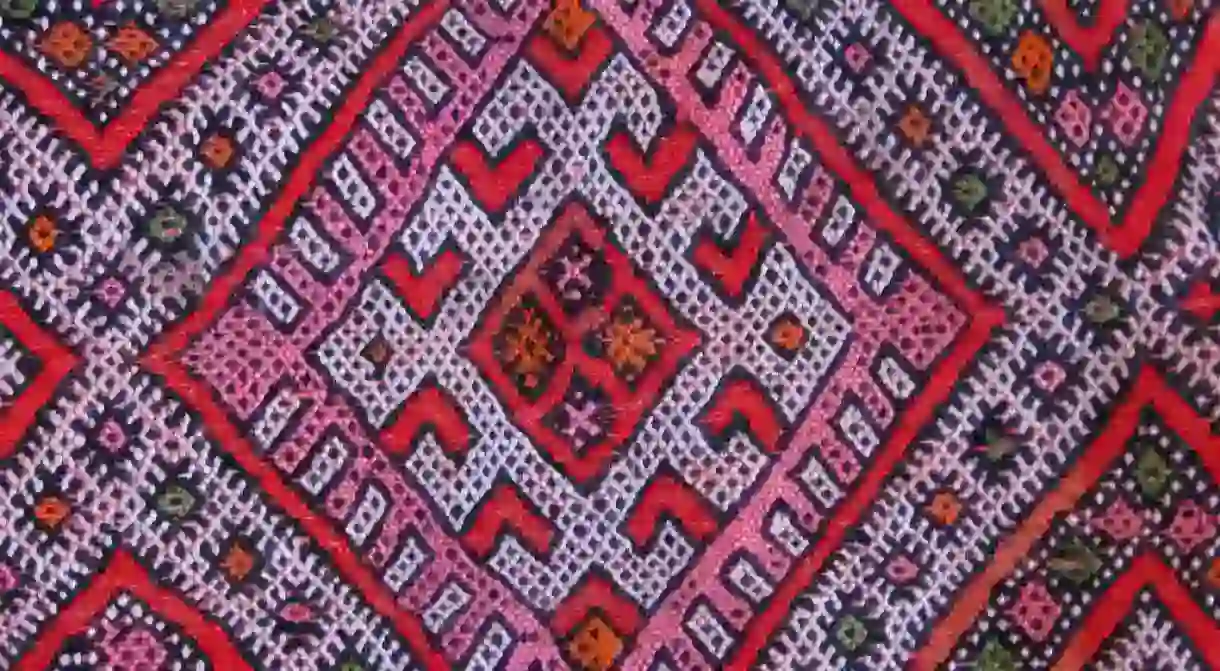This E-Commerce Site Equips Morocco's Illiterate Artisans

Morocco produces a great many hand-made goods, many of which make popular souvenirs and gifts to take home from a trip. Many artisans take great pride in their work, whether they’re working with leather, wood, metals, or another type of material. But how can artisans who live in rural communities, some of whom have the added challenge of being illiterate, sell their wares to the world? Anou provides an innovative and life-changing solution.
What Is Anou?
Based in Ait Bouguemez, a remote and picturesque valley in Morocco’s Atlas Mountains, Anou is a group of independent artisans. Group members work together to promote their products online, without needing to rely on third-party organizations, middlemen, or outside assistance. It is one of the most sustainable community projects and Moroccan start-ups.
Anou helps artisans to connect directly with online buyers. Artisans set their own rates, promote their own products, and make a better profit than if they relied on other methods of selling.

What Are Anou’s Core Values?
Anou is a community establishment that promotes sustainability and fair practices for rural Moroccan craftspeople. In keeping with the sustainability goals, Anou is completely led by local artisans. It seeks to improve people’s lives by allowing them to make a decent living from their trades. It aims to be accessible to all.
How Does Anou Work?
Anou uses its own online platform for artisans to sell their items. From rugs and accessories to jewelry, homeware, and ornaments, online users from around the world can connect directly with Moroccan artisans.
New group members are trained by existing members. New members learn how to use the Anou platform to sell their goods. Training includes how to take photographs of items, upload the photos to the site, manage their online stock, and keep on top of orders.
Vitally, all training is held in the artisan’s workshop. This helps the community to see that individuals are genuine.
Each Anou member has their own profile on the site. Artisans don’t need to be able to read to use the language-free accounts. SMS messages alert artisans when there is a new order. Post office workers assist artisans with completing address details on parcels if necessary. The artisan then replies to the customer by SMS, with postage details and tracking numbers.
The only cost incurred by the artisans is a small portion of each sale that is used to pay the artisan trainers for their training time.

How Is Anou Different From Other Online Platforms and Fair-Trade Organizations?
Essentially, Anou enables craftspeople to connect directly with their customers and promote their products on their own online platform, unlike when dealing with fair-trade companies.
Although the community began by selling through Etsy and Ebay, Anou’s system allows artisans to cut out the costs associated with using a middleman to sell their items, whereas selling through both Etsy and Ebay involves a charge to the seller, Anou’s platform does not.
Another important difference is that Anou is accessible to all people, regardless of literacy levels. Help is provided with training and setting up accounts. Artisans needn’t feel overwhelmed by, or even excluded from, other platforms that need a certain amount of reading and writing.
Further, customers can place customized orders directly with artisans; artisans can gain commissions as well as selling existing pieces.
Working together through Anou’s platform also helps to foster a greater sense of community than when people work alone.

Every sale made through Anou directly helps a local Moroccan artisan. It also helps the wider community, by paying for more artisans to be trained to use the system and to start benefitting from more sales opportunities and a greater income.













